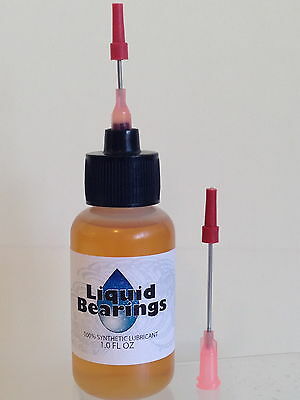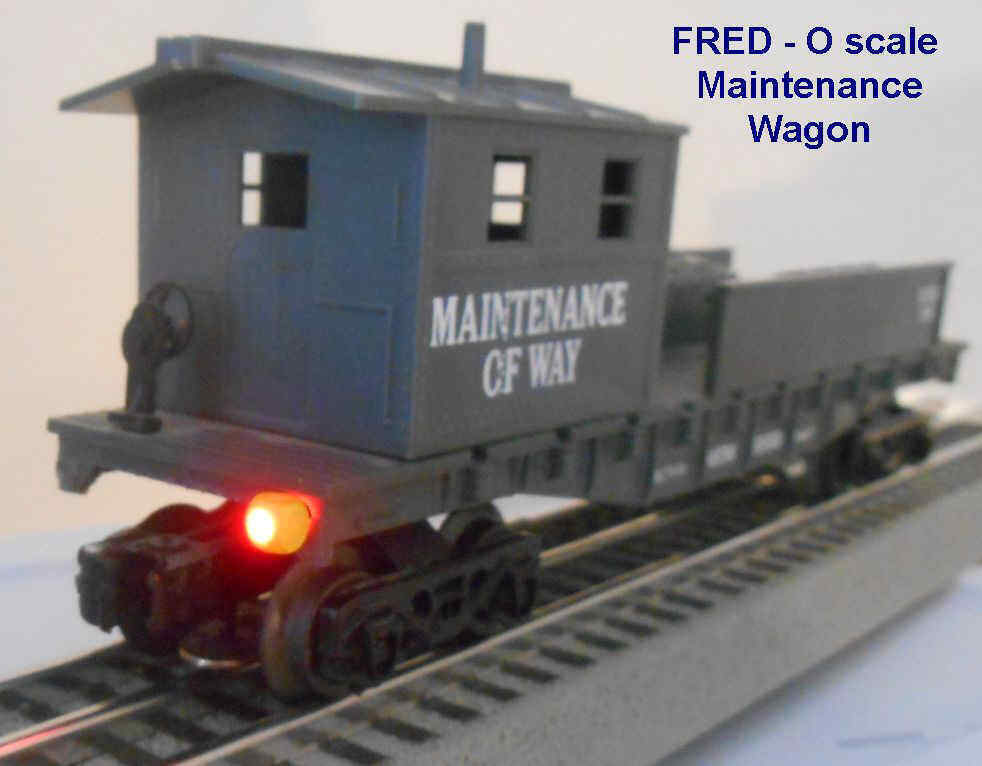-40%
MTH 30-70116 - Flat Car "U.S. Army" w/ Humvee Vehicle Set (4-Car)
$ 152.05
- Description
- Size Guide
Description
Road Name: U.S. Army(Desert)
Road Number:
8229, 8220, 8227, 8223
Product Line: RailKing
Scale: O Scale
Estimated Release:
OCT. 2020
[TABS]
Features:
Metal Wheels and Axles
Die-Cast 4-Wheel Trucks
Operating Die-Cast Metal Couplers
Colorful, Attractive Paint Schemes
Fast-Angle Wheel Sets
Needle-Point Axles
Removable Die-Cast Humvee Vehicle
Intricately Detailed Durable ABS Body
Each Car Individually Numbered
Operates On O-27 Curves
Overview:
For transporting large or heavy items over land, nothing beats a railroad flat car. No wonder that manufacturers use flat cars to ship products or sub-assemblies ranging from transformers to airliner fuselages to heavy construction and mining equipment.
But how big is too big? That is determined by a railroad's
loading gauge
, which defines the maximum height and width of rolling stock and engines. Great Britain, the birthplace of railroading, has one of the smallest loading gauges because so much of its network has bridges and tunnels built in the mid-1800s, when trains were smaller. In the US, older, more urban eastern roads tend to have smaller loading gauges than western roads that traverse wide-open spaces. That's why, for example, 1950s-era dome cars were common on western railroads but rare in the east.
Today the Association of American Railroads (AAR) defines loading gauges in terms of Plate designations from B to K, with the Plate C height of 15'6" being the most common. The tallest North American loading gauges are the Plate H requirement for double-stack container cars and the Plate K requirement for Autoracks, both 20'2".Over the years, flatcar designers have devised various means of squeezing the most inside a loading gauge, with one of the most popular being the depressed center flat car. Dropping the car floor down, until it almost touches the rails between the car's trucks, allows room for larger loads like the huge power transformer depicted by our model. An even more dramatic solution is the Schnabel car modeled in our Premier line, in which the load becomes part of the structure of the car, and can even be shifted side-to-side to clear lineside signals and structures. But where the Schnabel car requires its own dedicated slow-speed train, depressed center flat cars can travel as part of a normal freight consist.
High quality, traditionally sized RailKing Freight Cars provide detailed bodies and colorful paint schemes for the O Gauge railroader. MTH makes an enormous variety of RailKing Freight Cars, including many different car types and roadnames. No matter what era or part of the country you are modeling, RailKing is sure to have something for you.
[/TABS]









